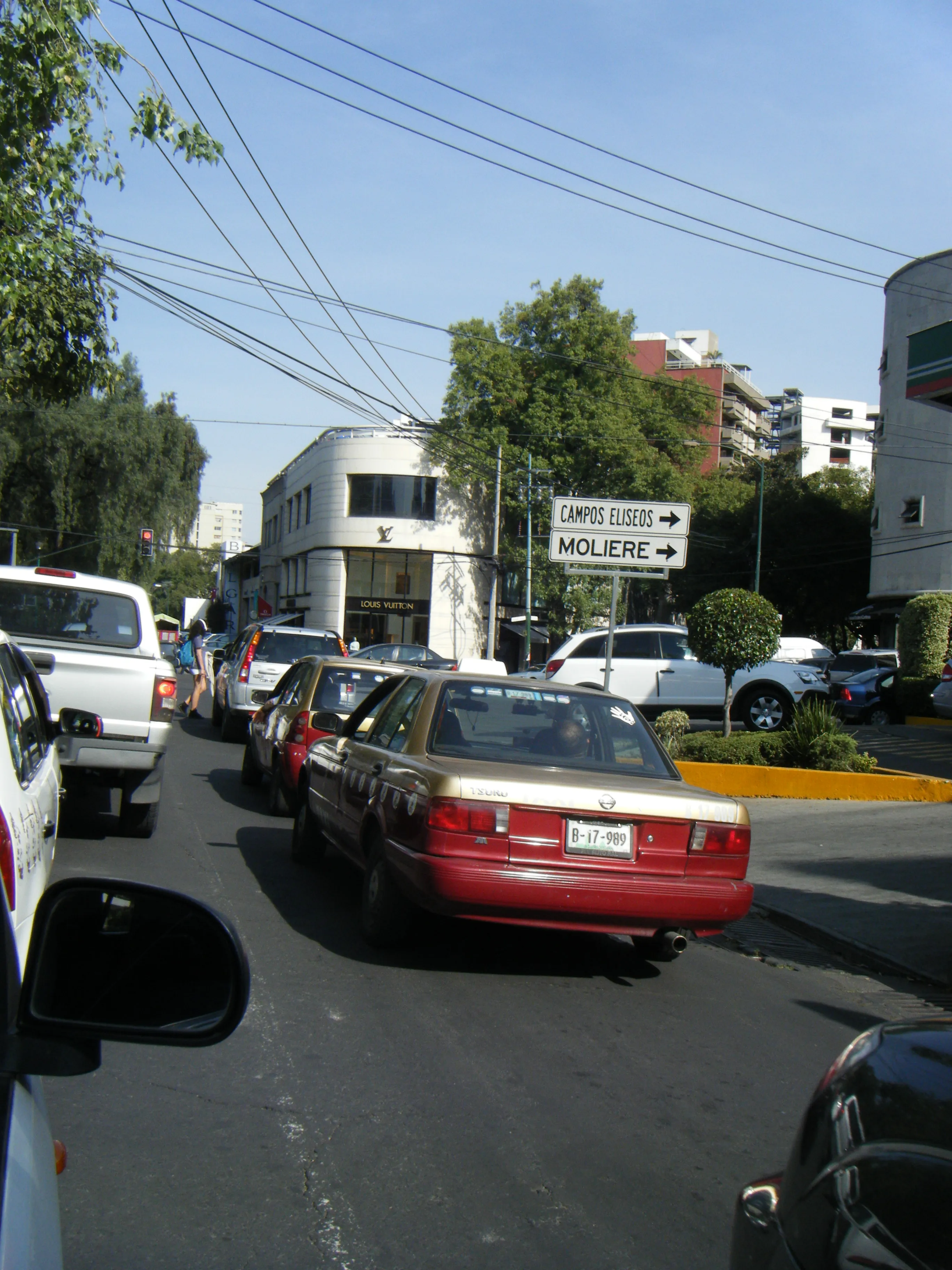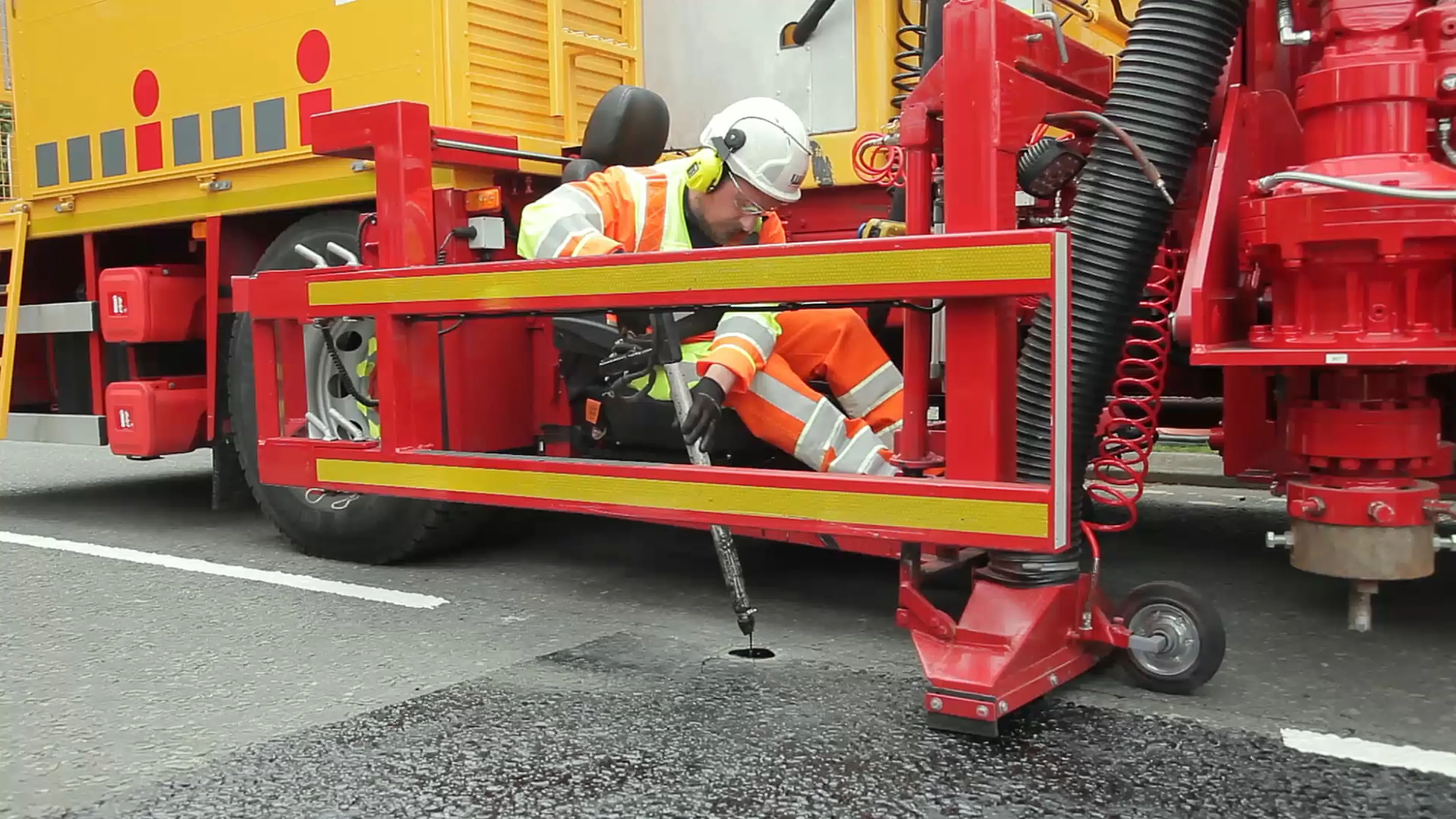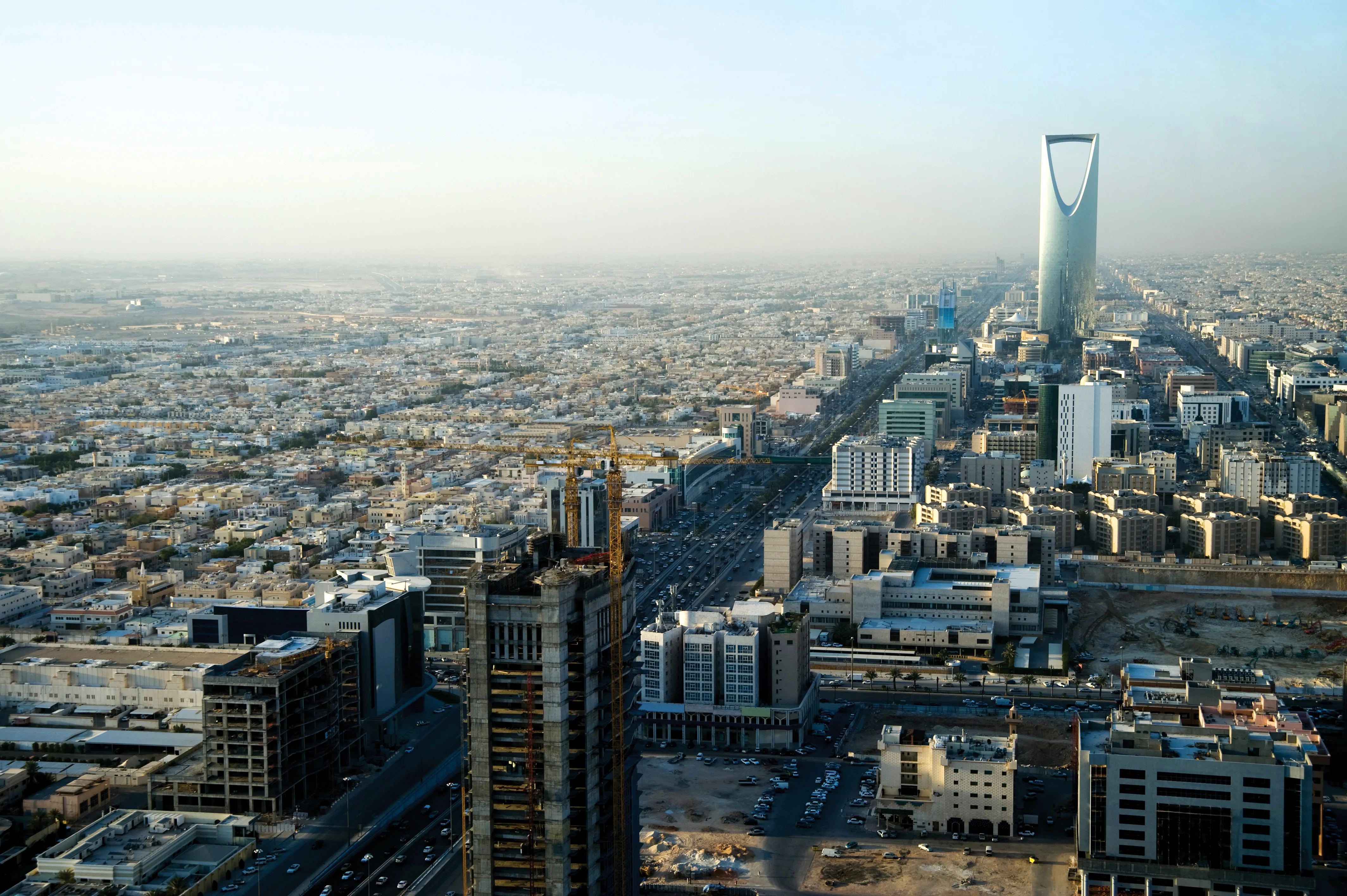
The increasing need for efficient and durable products providing greater road safety is a concern of many authorities around the world, with Mexico being no exception
While the Mexican Government seeks to improve the safety of the country’s roads, many companies and local governments are also taking the initiative to make their mark.
Over the past decades, cities around the world have experienced rapid urbanisation.
The growth of urban centres like Mexico City, coupled with the expansive use of cars as a predominant means of transportation, has resulted in large cities that are fragmented and difficult to manage and maintain. The poor quality of public space is one of the many negative effects of this urban model, resulting in an unsafe and unpleasant urban environment. In recent years, Mexico’s Government has implemented strategies and actions to reclaim public space and improve accessibility. The emphasis has been on public transport. In order to continue generating quality public space for the residents of Mexico City, the current government has proposed a new strategy. This new plan will convert small urban remnants, or road space in public parks into areas that will allow for social interaction and the development of various activities.
With a population of around 21 million inhabitants, Mexico City and its Metropolitan Area is the most populated city in the western hemisphere. Considering the numbers of people and various means of transport, it was important for the private sector and authorities to focus on the “urbanism" of the city. It was required that a high quality, durable, environmentally friendly and weather resistant product was used for the implementation of their city design projects.
Through the renovation of streets, introduction of more ergonomic buses, and promotion of bicycles for traveling short distances, the government of Mexico City has worked on developing several initiatives to improve individual welfare and public transport. The recent increase in bicycle use has sparked the need for dedicated lanes throughout the city and grown the number of bike rental programs with assigned parking areas – a perfect opportunity to create more durable and secure parking and traffic areas using
The Ministry of Urban Development and Housing (SEDUVI) has initiated a program to transform 150 public spaces, throughout 16 delegations in Mexico City, into public pocket parks. “Historically our road infrastructure had been focused on drivers, while ignoring vulnerable road users like pedestrians and cyclists. We have taken the initiative to change this situation through innovative initiatives” reports Architect Eduardo Aguilar, Responsible of the Public Space Authority of Federal District.
Through the programme, "Decisions by colony," the head of the Federal District government, along with the Public Space Authority, established the guidelines for the Ministry of Urban Development and Housing’s development of “Public Pocket Parks.”
The implementation of Public Pocket Parks throughout Mexico City shows how the authorities are transforming underutilised areas into flexible public spaces. One of these Public Pocket Parks was transformed to designate an area where car rentals could be parked, decreasing the use of other means of transport.
Prior to the application,
Covering an area of 800m2, the area markings were applied to the asphalt substrate to a thickness of 0.6mm, using automated spray equipment and templates to ensure a precise design. Due to the rapid application process and curing capabilities of the system based on DEGAROUTE, each area was passable within 45 minutes. The UV resistance and adhesion of the area markings will ensure optimal colour stability and durability for years to come.
Pleased by the results of the Public Pocket Park application, local authorities plan to continue with the project that includes the application of additional marked areas.








